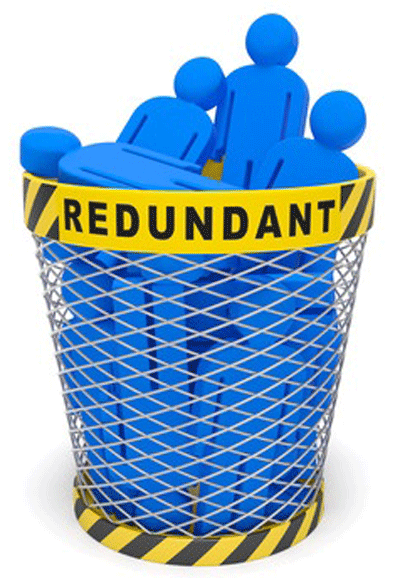
Over the years, you may have noticed certain words becoming popular on talk shows and newscasts.
At one time, it seemed that every truth had to be preceded with “really,” as if our audience would otherwise not believe what was said. When more emphasis was needed, it was “really, really” true.
When ending an insight, we used to say “finally,” but now we prefer the much-longer “at the end of the day.”
Weather forecasters often have a special love for saying “as well.” Besides the heavy rains on the west coast, there are forest fires in Colorado as well. Really? What does one condition have to do with the other?
A store clerk once said to a writer, “Would you like want to pay this with a like credit card”? The writer’s creative response included five occurrences of “like” in a single sentence, which made the point. In speech, we easily pick up the language of others and use words that add no meaning.
Is there a difference in meaning between “same” and “exact same”? No, but we hear people use “exact same” all the time. Why? Probably because we hear it so much, we don’t even realize we’re repeating the redundancy.
In recent months, both the interviewed and the interviewer seem to have acquired a great love for “you know.” Even top professionals might say “you know” three times in one sentence, which is absurd. The fact is, viewers don’t know. That’s why they watch the show. If they knew, they wouldn’t have to watch.
In your first draft, you may write much like you talk, but watch out, lest you unwittingly include filler words that not only don’t add meaning, they sap the strength from the other words.



